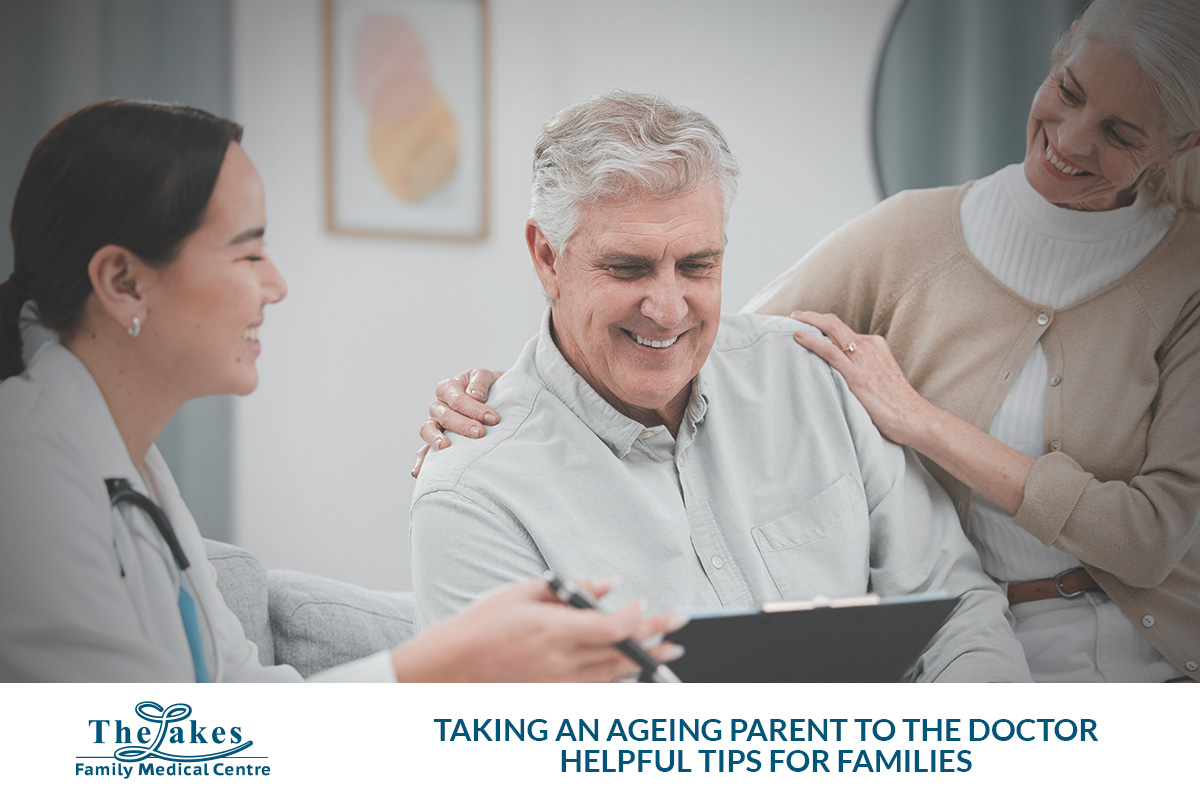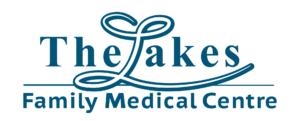
Supporting an ageing parent with their health care often means stepping into new roles. You are no longer just a concerned family member you become a carer, an organiser and a medical advocate. One of the most important responsibilities is taking an ageing parent to the doctor, especially to their general practitioner (GP), to ensure they receive the right care and support.
In this guide, we will explore practical tips to help you confidently manage your parent’s GP visit, while respecting their dignity and improving their healthcare outcomes. Whether you live in Brisbane or elsewhere in Australia, these steps apply to all families navigating the ageing journey.
What You’ll Learn in This Article
- How to prepare before the GP appointment
- What to bring and do on the day
- How to support clear communication with the doctor
- How to follow up after the visit
- Why family support makes a difference in aged healthcare
Why It is Important to Support Elderly Parents During Medical Appointments
As more Australians live longer, families are becoming increasingly involved in the healthcare of ageing parents. According to research and health data, older adults are more likely to have chronic health conditions, require regular health checks and manage multiple medications. Attending GP appointments with your parent ensures they receive the right care and it also helps you understand their health needs better.
Family involvement during GP visits supports better communication, reduces the chance of missed diagnoses and ensures treatment plans are followed.
Before the Appointment: Get Organised and Informed
Being well-prepared makes the entire experience easier for both you and your parent. Here’s what you should do:
Call the Clinic in Advance
Contact your local GP clinic and let them know you will be attending with your parent. Ask if you are allowed in the consultation room and check whether any consent forms need to be completed. If you are your parent’s enduring power of attorney for healthcare, send the relevant documents before the appointment.
Gather Medical Information
Compile key details about your parent’s health, including:
- Current medical conditions
- Previous surgeries
- Allergies to medications
- Current medications, supplements and dosages
This will help the GP make informed decisions quickly and accurately.
Complete Forms Ahead of Time
Many Brisbane GP clinics and medical centres across Australia now provide paperwork online. Ask if you can download or receive these forms by email, so your parent does not need to complete them at the clinic, especially if they struggle with handwriting or memory.
Observe Daily Routines
Note any recent changes in your parent’s day-to-day life, such as:
- Difficulty walking or using stairs
- Missed meals or skipped medications
- Memory lapses or confusion
- Withdrawal from social activities
Sharing this information with the doctor helps identify early signs of cognitive decline, frailty or other health concerns.
On the Day: Be Prepared and Stay Supportive
When it is time for the appointment, your role shifts to being both support person and communicator. Here’s how to manage the visit effectively:
Bring a List of Concerns
Write down your parent’s health concerns and symptoms. Include any questions you both want to ask the doctor. Keeping this list brief and focused will help the GP address the most important issues in the available time.
Bring All Medications
Place all your parent’s medications and supplements in a bag to bring along. This allows the GP to double-check everything, avoid drug interactions and confirm the correct dosages.
Decide Communication Roles
Have a conversation with your parent before the visit. Ask them how involved they want you to be during the appointment. Some may prefer to speak for themselves, while others may want you to help explain certain symptoms.
Use Respectful Language
Always speak to your parent with kindness and respect in front of the doctor. Instead of correcting them sharply, offer gentle reminders like, “Mum, I think you started that medication in March.”
Take Detailed Notes
Write down what the GP says, including:
- Diagnosis or updates on existing conditions
- Changes to medications or dosages
- Follow-up instructions or referrals
- Dates for upcoming tests or reviews
This ensures you and your parent both understand the next steps and do not forget important details.
After the Appointment: Keep the Momentum Going
Your role does not end when the appointment is over. Staying involved afterwards is just as important.
Review the Doctor’s Instructions
Go over the GP’s recommendations at home. If your parent needs to make lifestyle changes or take new medications, write the instructions down clearly and place them in an easy-to-see spot.
Organise Prescriptions and Referrals
Visit the pharmacy to collect medications and book any follow-up appointments or pathology tests as needed. Mark these dates on a shared calendar or use a reminder app.
Help Manage the Patient Portal
If your parent is comfortable, help them use the clinic’s online patient portal to check test results, manage appointments and communicate with their GP. This makes the ongoing care process more efficient and accessible.
Why Your Support Makes a Real Difference
Older adults often feel overwhelmed by medical jargon, short consultation times and managing multiple treatments. When you attend appointments with them, you help them feel more confident, supported and in control of their health journey.
At Lakes Family Medical Centre in Brisbane, QLD, we recognise how important family involvement is in elderly care. Our experienced general practitioners work with patients and their loved ones to provide compassionate, high-quality medical care.
Final Thoughts
Taking an ageing parent to the doctor may seem simple, but it is a vital part of supporting their long-term health. When you prepare properly, communicate clearly and follow through on care instructions, you play a critical role in keeping your loved one well. Whether your parent needs regular GP appointments, assistance with chronic disease management or access to Brisbane-based allied health services, your support ensures their care journey stays on track.




